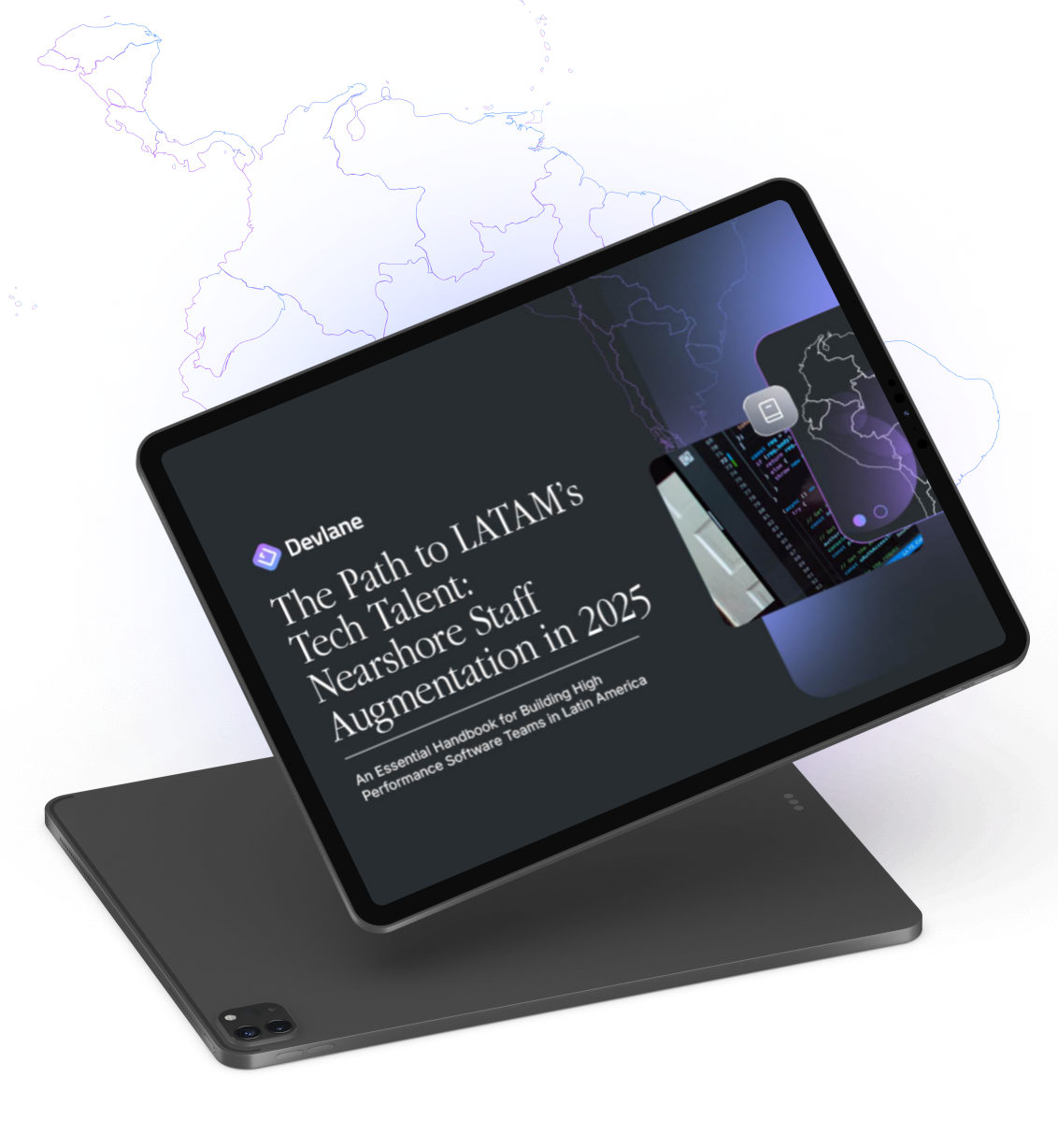Artificial intelligence or AI refers to systems or machines that mimic human intelligence to perform tasks and are capable of improving interactively based on the information they gather.
Simply put, AI is about trying to make computers think and act like humans.
To achieve this, three fundamental components are required:
· Computer systems
· Data and data management
· Advanced AI algorithms (code)
The closer we want the system to resemble human behavior, the more data and processing power will be required.
While the term Artificial Intelligence has become more popular today thanks to the increasing volume of data available, advanced algorithms, and advances in computing power and data storage, it was adopted in 1956.
That year, John McCarthy and other researchers organized a conference called the Dartmouth Summer Research Project on Artificial Intelligence.
This meeting led to the creation of machine learning, deep learning, predictive analytics, and the prescriptive analytics we know today.
Now that we know about the origin of AI, let's talk a little about its usefulness and current and future importance.
To understand its relevance, we must consider that the amount of data generated by humans and machines today far exceeds the capacity of people to absorb, interpret, and make complex decisions based on that data.
As computers are extremely efficient at calculating all possible combinations and permutations to arrive at the best decision, AI has become the basis for all machine learning and the future of all complex decision-making processes, such as business decision-making.
Artificial Intelligence is applied in a wide variety of areas in day-to-day business, such as in financial services, fraud detection, retail purchase predictions, and online customer support interactions.
Here are some examples:
· Fraud detection: In this area, the financial services industry uses artificial intelligence in two different ways. The initial rating of credit applications uses AI to establish their creditworthiness. The second application of AI in fraud detection, which requires more advanced AI engines, is monitoring card transactions in real-time when payments are made to detect fraudulent transactions.
· Virtual Customer Assistance (VCA): Call centers use VCA to predict and respond to customer inquiries without human interaction. In this way, speech recognition and simulated human dialogue become the first point of interaction in a customer service inquiry.
· When a person initiates a dialog via chat on a website, the interaction is often with a computer running a specialized AI system (conversational bot.) If the interaction reaches a point where the conversational bot cannot interpret or address the question, a human operator intervenes and communicates directly with the person.
From the above examples, we see the value of AI for companies. However, what about our everyday lives? For what do we use artificial intelligence? Know it or not, we use AI in practically every aspect of our personal lives.
We can find artificial intelligence at play when we do web searches, when we use Google, in automatic translations, in smart vehicles (and in some countries, in smart homes), as well as in the areas of health, transportation, and security, among others.
Now that we know about its many applications, we are ready to discuss its importance and why we should bet on AI.
Artificial intelligence automates repetitive data-driven learning and discovery. Instead of automating manual tasks, artificial intelligence..
Ø Performs frequent, high-volume, computerized tasks reliably and without fatigue.
Ø Artificial intelligence adapts through progressive learning algorithms, enabling the data to produce programming. AI finds structure and regularities in the data, enabling the algorithm to acquire a skill and become a classifier or predictor.
Ø Artificial intelligence gets the most out of data. When algorithms are self-learning, the data itself can become intellectual property. As the role of data is now more important than ever, it can create a competitive advantage. If you have the best data in a competitive industry, the best data will win, even if everyone applies similar techniques.
Ø Artificial intelligence achieves incredible accuracy through using deep neural networks, something previously impossible. For example, your interactions with Alexa, Google Search, and Google Photos are all based on deep learning, and the more we use them, the more accurate they become.
Ø As a set of predictive and self-learning techniques, artificial intelligence is helping improve cybersecurity. It does this by calibrating algorithms continuously as they are exposed to new information. This helps its goal of avoiding risks around our digital assets by identifying and neutralizing threats.
Ø In the field of medicine, artificial intelligence techniques of deep learning, image classification, and object recognition can now be used to detect cancer in MRIs (magnetic resonance imaging) with the same accuracy as highly trained radiologists.
As we saw in this article, artificial intelligence is present in all areas of our daily lives, even though we are sometimes unaware of it.
Nonetheless, there is no doubt that its use simplifies things for us and makes our daily lives a little more enjoyable, so don't think twice; bet on AI and its growth!




